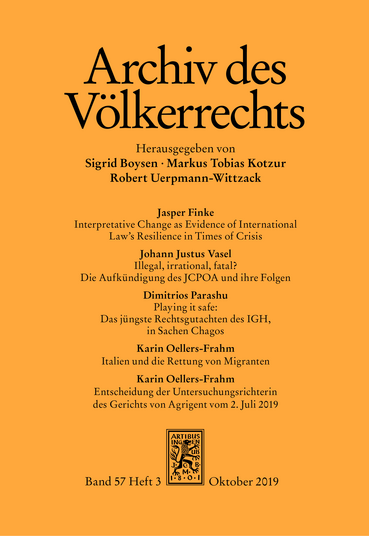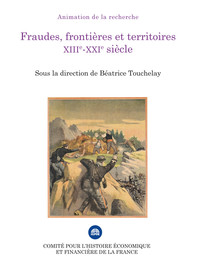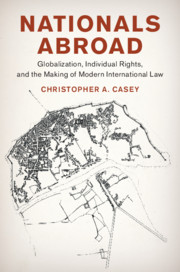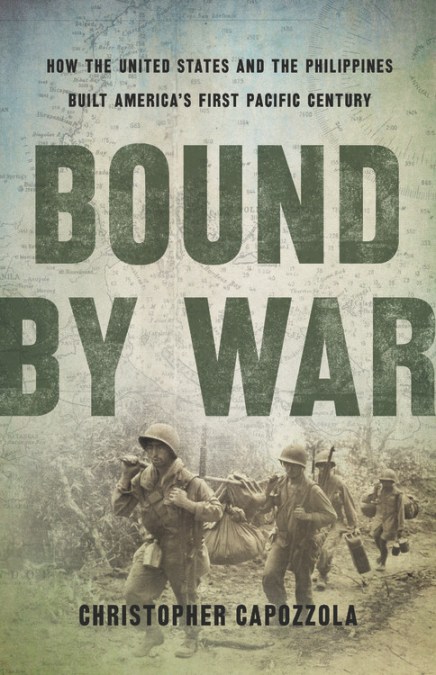OUP is publishing a book offering a Soviet perspective to the Nuremberg trials.
ABOUT THE BOOK
Organized in the immediate aftermath of World War II to try the former Nazi leaders for war crimes, the Nuremberg trials, known as the International Military Tribunal (IMT), paved the way for global conversations about genocide, justice, and human rights that continue to this day. As Francine Hirsch reveals in this immersive new history of the trials, a central piece of the story has been routinely omitted from standard accounts: the critical role that the Soviet Union played in making Nuremberg happen in the first place. Hirschs book reveals how the Soviets shaped the trials—only to be written out of their story as Western allies became bitter Cold War rivals.
Soviet Judgment at Nuremberg offers the first full picture of the war trials, illuminating the many ironies brought to bear as the Soviets did their part to bring the Nazis to justice. Everyone knew that Stalin had originally allied with Hitler before the Nazi invasion of the Soviet Union. The Molotov-Ribbentrop Pact of 1939 hung heavy over the courtroom, as did the suspicion among the Western prosecutors and judges that the Soviets had falsified evidence in an attempt to pin one of their own war crimes, the Katyn massacre of Polish officers, on the Nazis. It did not help that key members of the Soviet delegation, including the Soviet judge and chief prosecutor, had played critical roles in Stalin's infamous show trials of the 1930s. For the lead American prosecutor Robert H. Jackson and his colleagues, Soviet participation in the Nuremberg Trials undermined their overall credibility and possibly even the moral righteousness of the Allied victory.
Yet Soviet jurists had been the first to conceive of a legal framework that treated war as an international crime. Without it, the IMT would have had no basis for judgment. The Soviets had borne the brunt of the fighting against Germany—enduring the horrors of the Nazi occupation and experiencing almost unimaginable human losses and devastation. There would be no denying their place on the tribunal, nor their determination to make the most of it. Once the trials were set in motion, however, little went as the Soviets had planned. Soviet Judgment at Nuremberg shows how Stalin's efforts to direct the Soviet delegation and to steer the trials from afar backfired, and how Soviet war crimes became exposed in open court.
Hirsch's book offers readers both a front-row seat in the courtroom and a behind-the-scenes look at the meetings in which the prosecutors shared secrets and forged alliances. It reveals the shifting relationships among the four countries of the prosecution (the U.S., Great Britain, France, and the USSR), uncovering how and why the Palace of Justice in Nuremberg became a Cold War battleground. In the process Soviet Justice at Nuremberg offers a new understanding of the trials and a fresh perspective on the post-war movement for human rights.
ABOUT THE AUTHOR
Francine Hirsch is Professor of History at the University of Wisconsin-Madison and the author of Empire of Nations.
TABLE OF CONTENTS
Introduction: The Untold Story
Part I: The Road to Nuremberg
Chapter One: When War Became a Crime
Chapter Two: But What Is Justice?
Chapter Three: Countdown to Indictment
Chapter Four: Ready or Not
Part II: The Prosecution's Case
Chapter Five: The Trial Begins
Chapter Six: Stuck on the Sidelines
Chapter Seven: Course Corrections
Chapter Eight: Bearing Witness
Part III: The Defense Case
Chapter Nine: The Cold War Comes to Nuremberg
Chapter Ten: In the Name of a Fair Trial
Chapter Eleven: Accusations and Counter-Accusations
Chapter Twelve: The Katyn Showdown
Part IV: Last Words and Judgments
Chapter Thirteen: Collective Guilt and the Fate of Postwar Europe
Chapter Fourteen: Judgment
Chapter Fifteen: Beyond Nuremberg
Acknowledgements
Endnotes
Research Note
Notes and Sources
Bibliographical Notes and Suggestions for Further Reading
Index
(source:
ESCLH Blog)








_-_Bust_in_the_Arkadenhof%2C_University_of_Vienna_-_0289.jpg)








